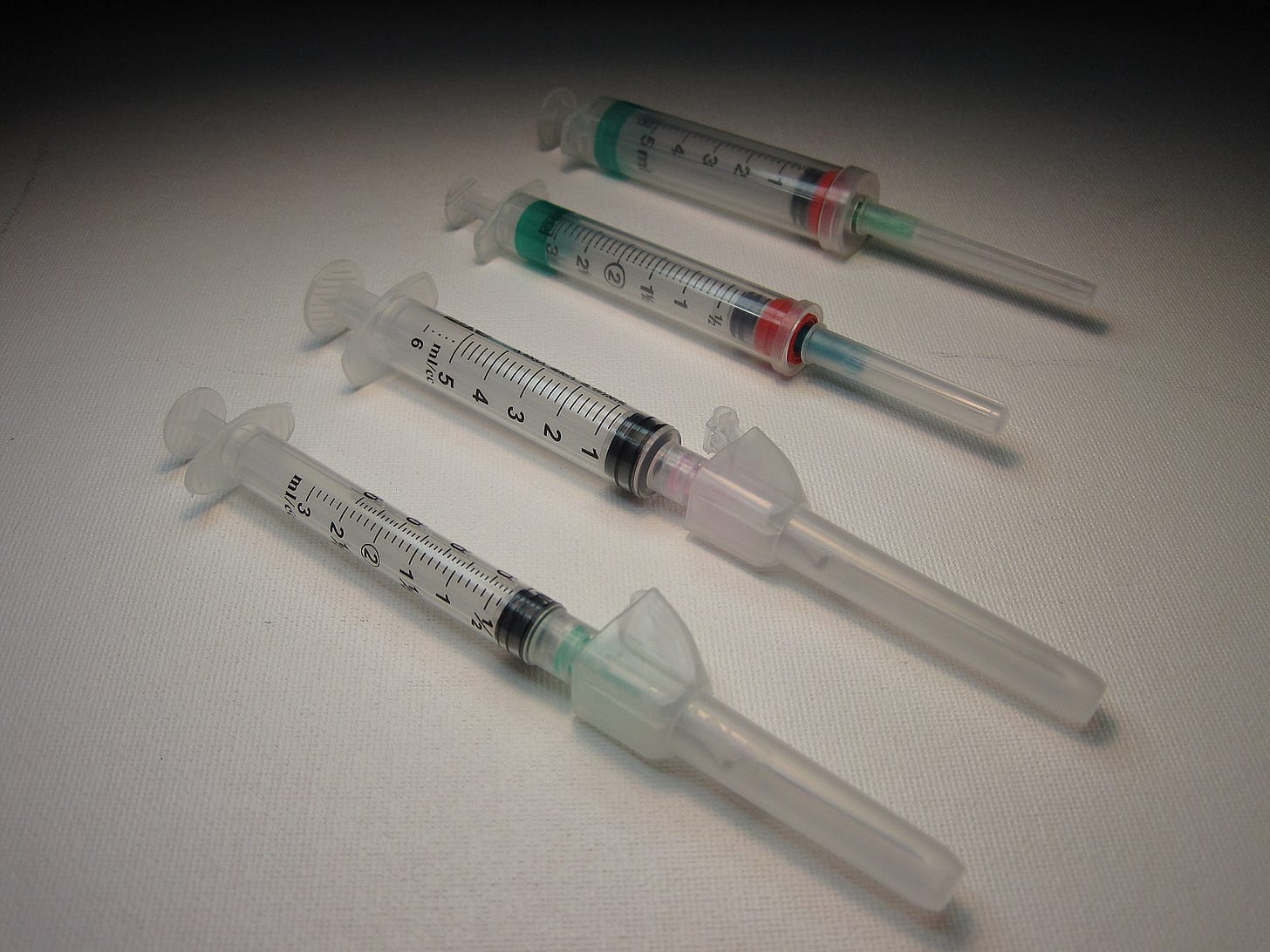The need for safe injecting programs in prisons
An unwillingness from state governments to provide sterile injecting equipment in prisons is putting lives at risk and hampering Australia’s efforts to eliminate hepatitis C by 2030.
About one in eight people released from prison have said they shared injecting equipment while incarcerated.
There are significantly high rates of blood-borne virus infections in Australian prisons, with nearly half of the people in prison reporting having injected drugs during their time being incarcerated.
According to studies, nearly a third of people in custody have tested positive for hepatitis C, and this increases to 60 percent of people who had injected.
There is a proven and medically-supported mitigation strategy that could help to address this major issue, but no Australian state or territory has shown the willingness to adopt it.
Needle and syringe programs (NSP), which provide sterile needles and syringes and injecting equipment to people who use drugs, have been proven to be effective in reducing the transmission of blood-borne viruses around the world.
Such programs have been in place in the general community in Australian states and territories for decades.
In Victoria, where needle and syringe programs have been running since 1987, they have “prevented thousands of cases of infection among people who inject drugs and, in turn, protected the wider community”, the state government has said.
Despite drug use being higher and the prevalence of blood-borne viruses, there are no such programs available in any Australian prisons.
There have been long-running campaigns for these programs to be implemented in prisons by a wide range of groups, including Hepatitis Australia, the Australian Medical Association, the Victorian Auditor-General and a range of academics and universities.
The lack of these harm-minimisation programs in prisons also flies in the face of the basic principle that those incarcerated should receive the same level of care as they would in the general community.
According to the University of New South Wales’ harm reduction in prisons working group last year, prisons are a key setting for intervention for the elimination of hepatitis C.
The group said that evidence from 10 countries around the world that have implemented needle and syringe programs in prison is that they are feasible and can reduce the spread of blood-borne viruses in prisons.
“The lack of regular access to sterile injecting equipment is associated with new blood-borne virus infections and reinfections among prison populations despite the provision of direct-acting antivirals,” the group said in a statement.
Justice Health NSW is a member of this working group.


This illustrates the power and control of the Prison Officers Unions in the face of a critical Public Health issue....